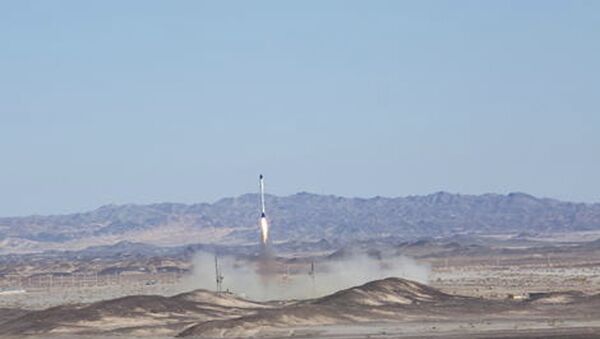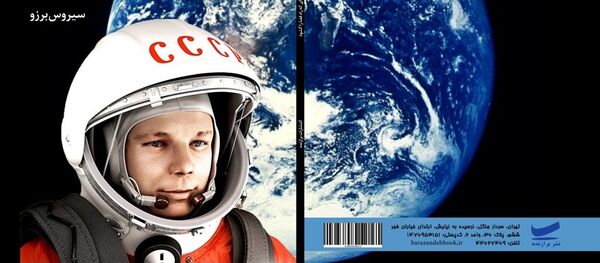"[M]any in the world look at NASA's programs,” Mohsen Bahrami, head of the Iranian Space Agency, said. "We are interested in having cooperation, naturally. When you are in orbit, there is no country and race."
Any cooperation would require the agreement of the leadership of both nations, the space chief said, noting that Iran has a meaningful, peaceful space program. "We have capabilities and we are part of an international scene."
Iran has launched four satellites since its first in 2009. It's planning the launch of another this Iranian calendar year, the Iran Project reports, and is in talks with Italy to reclaim a satellite held in that country due to sanctions on Tehran over its nuclear program.
Bahrami also said his country is cooperating on projects with the Asia-Pacific Space Cooperation Organization (APSCO). One such project is a new optical space telescope, due to become operational during this year’s World Space Week, from October 4 to 10. APSCO, headquartered in Beijing, is an intergovernmental organization established in 2005 with the stated mission of enhancing cooperation in space technology and research, and supporting collaborative space programs among its members, including Iran, Bangladesh, China, Mongolia, Pakistan, Peru, Thailand, Indonesia and Turkey. Iran currently chairs the organization.
The US and its allies fear that space-related surveillance and telecommunications technology could also be used to develop long-range missiles. Indeed, in April, Iran tested its Simorgh rocket system, designed for launching satellites into orbit, and, some analysts claim, for launching intercontinental ballistic missiles. Such tests are not expressly forbidden by the nuclear deal.
Iran has denied using its space program as a cover for developing weapons technology.




